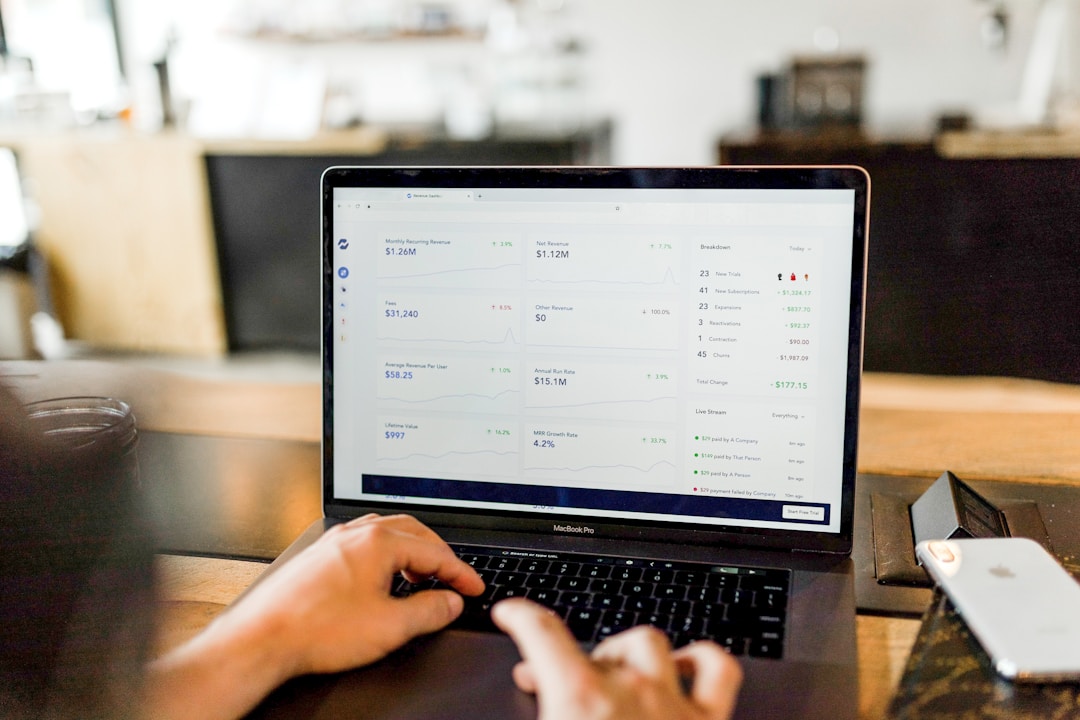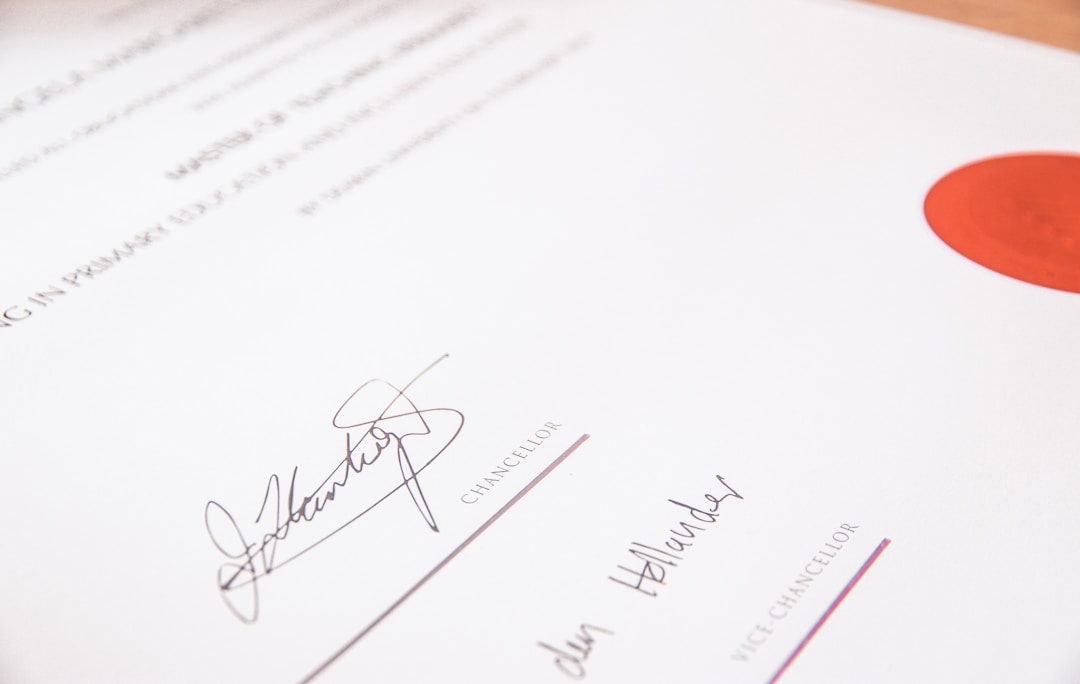There are several reasons for running a background report on someone, from screening potential employees to hiring babysitters. In many situations, all you know about someone is what they’ve shared with you. Whether through conversation, on a resume, or from what they’ve said during the interview, most people only share what they want you to know about them. Depending on the circumstance, this might not be enough information. If you need to learn more about a potential hire or even your neighbor, you can do a background screening.
What kind of information can you get from running a background report? Background checks can help identify a host of information, from criminal history and bankruptcies to licensure information and birth records. There’s a variety of information that can be uncovered through a universal background check. Let’s take a look at how much you can learn from a background check.
If you want to do a more thorough check, a third-party background checker can get you a candidate’s criminal record information for a fee. Of course, you must do this with proper consent from the candidate.
Criminal Record Information
Not everyone with a criminal past continues to exhibit the same behavior today. This is why it’s essential to consult criminal records as part of a more extensive background check. However, if you’re looking for information for the hiring process or checking into a nanny’s background, you might want to know about prior criminal behavior. If you suspect something, you can even do a free mugshot search as part of your background check. A criminal background check will look for documented violations of federal laws and state laws, and cross-reference multi-jurisdiction criminal databases. A criminal history will also let you know how long ago any infraction occurred.
Public Records Information
The public domain is full of all kinds of documents and information that is not confidential. This information is a matter of public record, but it isn’t always easy to find. You can find detailed information, such as full name, date of birth, marriage facts, divorce documents, death certificates, and data related to bankruptcies. Besides doing an employment screening as part of the hiring process, this information can also trace family ancestry.
A background check will also access databases such as the Department of Homeland Security and Social Security Administration records. You can determine the validity of a Social Security number, the identity tied to the number, and if the number has been used in the past.
Credit Report Information

Credit reports are furnished by a few credit bureaus who collect various pieces of financial history. For example, credit card companies and financial institutions provide information about payment history, credit limits, and accounts to credit bureaus. Although potential employers and others won’t see credit scores, they see modified versions of credit reports. A background check might include credit information to provide insights and flag any signs of financial distress that might indicate risk of potential behavior. On the other hand, a credit report doesn’t just provide negative information. A positive report can speak to the character and responsibility of a person.
Verification Information

On paper, a person can have an MBA from Harvard University or hold a contractor license. A background check could help you verify this information. A background screening can provide information about educational institutions, a person’s work history, and state or local licensure. This will help you verify resume information and get a clearer picture of a person’s experience.
With more than 328 million people in the United States, there are millions of records and pieces of background information available. Access to this information can be challenging to access from multiple sources. However, a background check can pull data from public documents, criminal records, credit reports, and educational institutions and compile it into a single account. When employers and others are armed with a copy of the report, they can gain critical information to help them make decisions.


